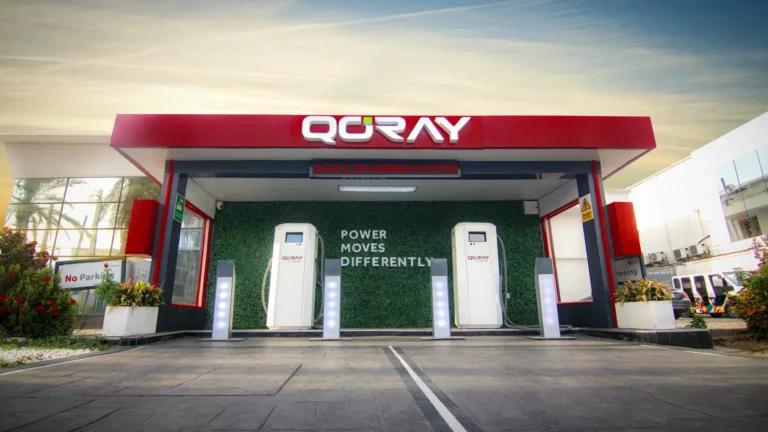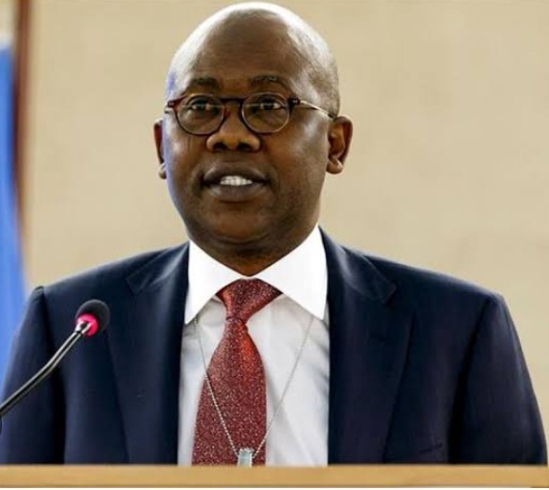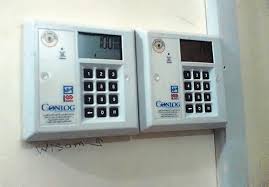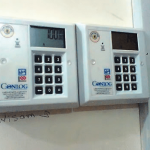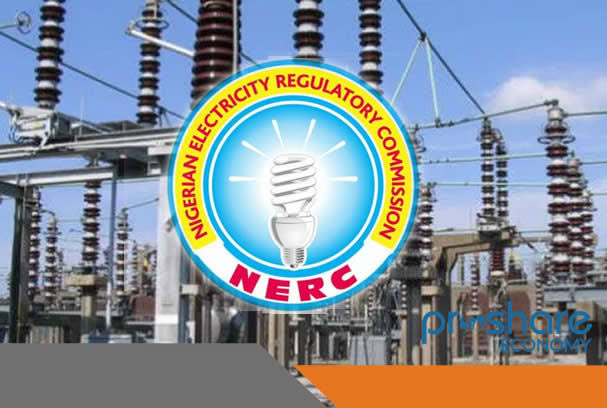Energy Worth with Agency Report
There are strong indications that a new metering policy of the federal government, known as Meter Asset Providers (MAP) regulation, aimed at achieving full metering of electricity consumption in the country within three years, may suffer serious setback as a result of mounting liquidity crisis in the nation’s power sector, LEADERSHIP Sunday can report. Findings show that Electricity Distribution Companies (DisCos) are indirectly not aligning with the regulations owing to fears that government has allegedly jettisoned, in the meantime, the critical aspect of solving the liquidity crises in the sector.
Their lukewarm approach, it was learnt, is because so much debt is hanging on their neck due to government’s tariff structure as well as issues with energy theft and technical losses among others. It was also learnt that, as a result of this, the excitement of Nigerians at the introduction of Meter Asset Providers policy of federal government has gradually been waning as there are strong indications that some players in the electricity sector are wary of government’s sincerity in dealing with critical issues confronting the sector.
The federal government, through the Nigerian Electricity Regulatory Commission (NERC), in a renewed commitment to ensuring that electricity customers only pay for what they actually consume, approved a regulation that provides for the supply, installation and maintenance of end-user meters by other parties approved by the Commission. The regulations is expected to fast-track a closure of the metering gap and encourage the development of independent and competitive meter services in the electricity industry.
The MAP Regulation (No. NERC/R/112), which became effective on April 3, 2018, introduces meter asset providers as a new set of service providers in Nigeria electricity supply industry. As assets with a technically useful life of 10-15 years, the regulation provides for the third-party financing of meters under a permit issued by the Commission and amortisation over a period of 10 years.
The electricity distribution companies, in line with their licensing terms and conditions, are obliged to achieve their metering targets as set by the Commission under the new regulation, while the contracting of Meter Asset Providers shall be through an open, transparent and competitive bid process, thus ensuring that meters are provided at the least cost to electricity customers. LEADERSHIP Sunday gathered that debts are mounting in the Nigerian electricity supply industry as only four of the country’s 11 Discos were able to pay for supplies of electricity they received for transmission to their customers from the generation companies (Gencos) in January 2018.
It was gathered that during the period, Enugu Disco paid 29.24 percent of its invoice, Port Harcourt Disco 15.06 percent, Abuja Disco 18.60 percent, and Jos Disco 9.09 percent, while Ikeja, Eko, Benin, Ibadan, Kaduna, Kano and Yola Discos failed to make any remittances for the megawatts of electricity sent to them. Some of them refuted the report. December was worse off as five Discos made no payment for over N16.2 billion worth of electricity sent to them. According to the Nigerian Bulk Electricity Trading Company (NBET), two others paid after the due date, while four others made varying payments. Market performance has also crashed to 8 per cent and this may affect the government’s drive to create a strong domestic marketplace. Similarly, NBET’s indebtedness to Gencos reached N42.15 billion by January 2018.
NBET was only able to pay the Gencos N6.08 billion out of the N48.23 billion for the January invoices, which represents 12.62 per cent of the total obligation. NBET, which is charged with bulk electricity trading and buys power from the Gencos, in its payment data released on its website, disclosed that the average energy sent out by the Gencos during the period was 3,584.55MWh. It noted that that out of the 3,584.55MWh generated by generation companies in January, the average energy received by distribution companies was 2,445.06MWh. The dilemma of power consumers who are placed on estimated billing due to the inability, or unwillingness, of Discos to meter them is further being compounded with lack of synergy between industry operators and the ministry of power on the one hand and the Nigerian Electricity Regulatory Commission on the other.
On the readiness of Discos to key into the new regulation, the executive director, Association of Nigerian Electricity Distribution Companies (ANED), Sunday Oduntan, told our correspondent on phone that much as the Discos are in support of MAP, liquidity crises in the sector may be an impediment to ensuring the realisation of the policy. “We are willing to provide our customers with meters, but then how do we resolve the liquidity crises in the sector.
I don’t think there is any magic wand that will turn things around as we think. I don’t have any clue as to why there is delay in the full takeoff of the MAP; anything with regard to that policy should be directed to the ministry of power or NERC,” Oduntan said.. Godwin Idemudia, director corporate affairs of Eko Disco, concurred that only NERC can answer for the snail pace at which the regulation is moving. “So far, Eko Disco is leading in metering its customers but if government sees wisdom in applying alternative measures, we are willing to go with that,” he said.
On his part, the special assistant to the minister of power, Hakeem Bello, who spoke LEADERSHIP Sunday on phone, said he believed that MAP was well structured to close the country’s metering gap. He noted that implementation was ongoing and that Ibadan Disco recently advertised for vendors to bid for the network. Asked if he was comfortable that only one out of 11 Discos has advertised since the commencement of the policy on April 3, he said he only knew of one but others may have also advertised. He, however, pointed at NERC, as the driver of the policy, as the body in the best position to give detailed information. Attempt to speak with Dr. Usman Abba Arabi, head, Public Affairs Department of NERC, did not yield much as he only replied via SMS, saying he would get back to him.
At the time of going to press, Dr. Arabi had yet to respond to the issue. However, a reliable source close to the regulator said efforts were ongoing to issue ‘Certificate of no Objection’ to MAP which had applied to the agency. Our source said that the regulator was taking measures to ensure that applicants possess the requisite technical and financial capabilities to undertake the project. “This is Nigeria and we don’t want MAP to be in any way related to the Discos.
They are considered as revenue collectors to the Discos. fund the meter project and ensure revenue collection through the installed meters and remit same to the operators. But our issuance of certificate is not a confirmation that they will be automatically engaged by the Discos; the Discos are at liberty to carry out their independent assessment before engaging anyone”, the source said. He confirmed that, currently, the total metering gap stands at 4.7 million and it is still growing because, continually, the Discos carry out their mapping as new estates and residential houses connect to the network. LEADERSHIP Sunday reports that in pursuit of promoting local content, the new MAP regulation mandates the investors to acquire a minimum of 30 per cent of their metering volume from indigenous meter manufacturers. This local content threshold may be adjusted by the Commission from time to time in line with the verified manufacturing volume of local manufacturers.
The 11 electricity distribution companies are expected to, within 120 days from the effective date of the regulation, engage the services of MAPs towards the achievement of their three-year metering targets prescribed by the Commission. It was gathered that the performance of meter service providers shall be governed by the provisions of the Meter Asset Regulation, technical codes of the electricity industry, and a Meter Services Agreement/Service Level Agreement signed with the distribution companies.
Meanwhile, there are no free meters even under the current tariff regime as all customers, including those on estimated billing, currently pay for a return on the investment made by electricity distribution companies on meters in their networks. Under the new MAP regulation, customer classes shall be amended to ensure that customers only pay for meters when a meter is physically installed in their premises. Also, the electricity bill of customers provided with a meter under the new regulatory framework shall comprise two parts – energy charge and metering service charge. The payment of metering service charge will be removed from the customer electricity bill upon the full amortisation of the meter asset over its useful life. All faulty meters are expected to be repaired or replaced free of charge within two working days, except in instances where it is established that the customer is responsible for damaging the meter.

